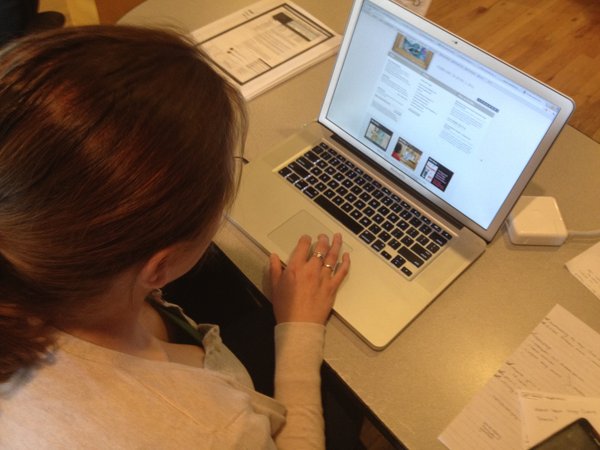How much does a website cost?

As a web designer, "How much does a website cost?" is a question I hear a lot. It's not a question I want to hear, because it means the prospect isn't a very savvy shopper. No, I don't "heart it". Here's my standard reply:
Buying a website is like buying a car. A decent one costs anywhere from $5,000 to upwards of $100,000. As with a car, the exact price depends on what features you'd like to have, what you're going to use it for, and how much revenue you expect it to generate for you. You should be asking yourself not how little you can get away with spending, but rather how much can you afford to spend to get a high quality website that will work for you. You should spend as much as you can possibly afford to spend. Today, at the national level, an entry-level website with a content management system (CMS) will set you back about $30,000.
Then I ask the prospect how much they have budgeted. ;-)
About 8 times out of 10 I'll get one of two responses: a) They haven't allocated a budget and were hoping I would give them a number; b) they have a number but don't want to share it. Every once in a while I will hear the correct response (I say correct because this is the type of client I want to do business with): c) "We've allocated $xx,xxx for our website redesign. What can you do for that amount?"
Before I go further, remember that I said about "anywhere from $5,000....". I recently had a gentleman come to me who said his budget for a consumer-oriented e-commerce site was $1,500. That ain't going to work, my friend. I have to feed my family and keep the home fires burning. Nevertheless, you would not believe how often people think their e-business website shouldn't cost a whole lot more than a brochure, or want to work a trade of lobsters or antiques for their technology. Ah, Maine!
Let's talk a little bit about each of these responses.
If you haven't yet figured out your budget, it's really not my job to do that. It's not in my best interest to advise you on how little you should pay me. On the other hand, I will be happy to have an initial conversation with you and guide your thinking and help you understand what features your website needs to have and suggest options that would help maximize the effectiveness of your site. Any additional consultation, however, is business analysis, and while I'm happy to do that you should be prepared to compensate me for sharing my expertise.
If you refuse to disclose your budget, you're not doing yourself any favors. What you're indicating is that price, not the quality of the solution, is the most important criterion for selecting an interactive partner. You'll get exactly what you deserve: a vendor that's willing to promise the moon in a proposal while charging you the least. This sets up a situation where your vendor quite often will meet your requirements but will have to cut corners on the quality of features. If a small budget is also a tight budget you'll almost always find yourself at war with the vendor - you'll want more time spent on a feature (but won't be willing to pay for the additional time), and your vendor will always be looking to shave production time on features, which again impacts quality.
This is exactly the scenario I see with most RFPs that come across my desk. Unless the budget is defined, the selection criteria workable and objective and the client is a good fit for our expertise, I usually don't respond, because they don't lead to healthy client relationships and successful project outcomes.
When you share your project budget with potential vendors, what you are able to do is set price aside and focus on the most important factor to selecting a partner: expertise. When you take price out of the equation, suddenly competing solutions can be more effectively compared and evaluated, again based on the quality of the solution.
What should you be spending your money on? There's a lot to talk about, enough for a separate blog post, but it really just boils down to a couple of things: expertise at designing effective websites, strategic expertise within your industry, efficient production of creative and interactives that are of high quality and are relevant to your particular business objectives, and last but not least, maintenance.
That last part - maintenance - is almost always forgotten until it comes time to actually perform some maintenance on a website. You should have an annual budget for website maintenance. Most organizations don't, and that creates problems down the road. I've seen so many websites that are frozen in time because an annual maintenance budget wasn't allocated. As with a full-scale redesign, you should set aside as much as you can reasonably afford for maintenance so that your site can keep up with the latest trends affecting your digital marketing plan.
So, how much does a website cost? The best site money can buy, that most effectively helps you achieve your digital marketing objectives. Know those objectives well, before you go shopping.
Oh, and if you can find a web designer to build that e-commerce site for $1,500, and (s)he is able to come through for you, good on you! But understand that you're probably looking for a unicorn (you might do better with Shopify) and that what seems too good to be true at has a good chance of ending in disappointment for either you or the designer, and the world doesn't need another half-assed website.
Filed under: Web Design, Maine, Business, Clients, Procurement
